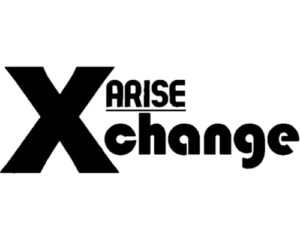Electric automaker Rivian (RIVN) went public last week in one of the most anticipated initial public offerings (IPOs) of 2021.
The company issued the shares at $78 apiece.
On the first day of trading, the stock opened up 36%.
And as of Tuesday morning, the stock had already doubled.
That gave the EV-maker a market capitalization of $143 billion…
And it made Rivian the third-largest automaker in the world.
But here’s the crazy part…
Rivian has zero sales so far.
That’s right. The third-largest automotive company on the planet has yet to sell a single car, truck or SUV.
Rivian has prototypes. It has orders for future sales.
But this $143 billion dollar behemoth doesn’t have a single vehicle on the road.
Ford Motor (F), with a market cap of $78 billion, has been making cars for over 100 years.
So has General Motors (GM), which is valued at $90 billion.
That means that this newcomer is worth nearly as much as both of these established companies combined.
What Investors Really Care About
If there was any doubt that traditional value investing was dead, here’s the proof.
Stocks are not priced based on past sales.
The market doesn’t care how long a company has been in business or what its book value is.
And it doesn’t care how steady dividends were for the last two decades.
Investors are looking at one thing and one thing only – future profits.
How much money can this company make two, five and 10 years from now?
Look Forward
The market is a discounting mechanism. Today’s prices are a reflection of what investors expect going forward.
The past is the past. It is no longer relevant.
The only value in analyzing past metrics comes from their ability to more accurately predict the future.
This is why historic metrics like the price-earnings (PE) ratio have little value.
If a stock is trading at a low multiple of its past earnings, many investors think it’s a deal and the stock is “on sale.”
But this is flawed thinking.
A low PE tells you that investors are expecting even lower earnings in the future.
If anything, I prefer a higher PE over a lower one.
Why?
Because higher multiples indicate anticipated growth.
And that’s where I want to be positioned – in the stocks growing sales and earnings at the highest rate.
That’s where the money is made.
Embrace the Surge,
Ross Givens
Editor, Stock Surge Daily








